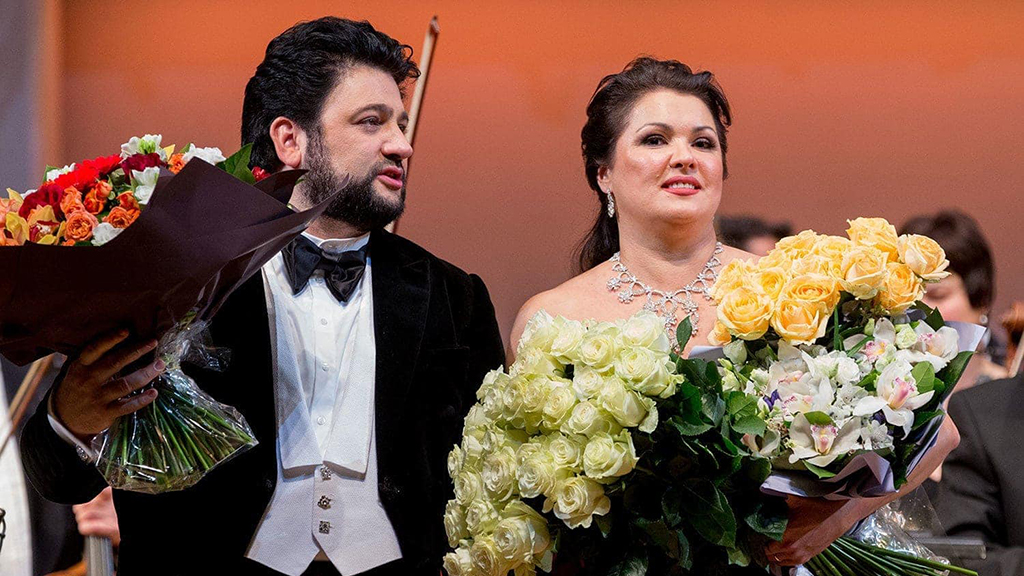Theatrical performances are a captivating blend of artistry, storytelling, and human connection. Attending a play or musical is an enriching experience that allows us to immerse ourselves in another world and connect with the emotions conveyed on stage. As guests, we often seek ways to express our appreciation for the hard work and dedication of the cast and crew. One traditional gesture is giving flowers, but there are specific etiquette guidelines surrounding this act, particularly when it comes to opening night versus closing night.
This article will delve into the nuances of flower-giving etiquette at theater performances, exploring the significance of opening night, the appropriate timing for presenting flowers, and the cultural context surrounding this gesture. We’ll also examine the traditions associated with closing night and how they differ from opening night customs. By understanding these guidelines, you can ensure your gesture is both meaningful and respectful.
Opening Night Etiquette
Opening night holds a special significance in the theatrical world. It marks the culmination of months, if not years, of rehearsals, costume design, set construction, and countless hours dedicated to bringing a production to life. For the cast and crew, opening night represents a moment of immense anticipation, excitement, and vulnerability as they share their creation with a live audience for the first time.
Attending an opening night performance is a way to show your support for the artistic endeavor and celebrate this milestone. It’s also an opportunity to experience the magic of a new production firsthand, witnessing the energy and passion that infuse the stage on this momentous occasion.
Traditionally, giving flowers on opening night is considered a gracious gesture of appreciation for the hard work and talent displayed by the cast and crew. The flowers serve as a symbol of encouragement and admiration, acknowledging the dedication and artistry involved in bringing the production to life.
Theater Performances

Theater performances encompass a wide range of genres, from classic plays to contemporary musicals, comedies to dramas, and everything in between. Each genre has its own unique conventions and traditions, but the core essence of theater remains constant: the power of storytelling through live performance.
Whether you’re attending a Broadway show, a regional production, or a community theater play, the experience of witnessing actors bring characters to life on stage is undeniably captivating. The energy of the audience, the intricate set designs, the evocative costumes, and the raw emotion conveyed by the performers all contribute to creating an immersive and unforgettable theatrical experience.
Understanding the context of the specific performance you’re attending can help you tailor your gesture of appreciation accordingly. For example, a lighthearted comedy might warrant a bouquet of cheerful flowers, while a more serious drama might call for a more subdued arrangement.
Giving Flowers
When giving flowers at a theater performance, it’s important to consider both the occasion and the recipient.
For opening night, vibrant and celebratory arrangements are appropriate. Choose flowers that convey joy, excitement, and admiration for the cast and crew’s hard work. Popular choices include roses, lilies, orchids, or sunflowers. Avoid overly large or extravagant bouquets, as they can be cumbersome to handle and may obstruct the view of other audience members.
When presenting flowers, approach the stage manager or a designated representative after the performance. It’s customary to express your congratulations and appreciation for the production before handing over the bouquet.
Cast and Crew Support

The cast and crew of a theatrical production are a dedicated team of individuals who pour their hearts and souls into bringing a story to life. From actors and directors to stagehands, costume designers, and lighting technicians, each member plays a vital role in creating the magic that unfolds on stage.
Giving flowers is a tangible way to show your appreciation for their collective effort and talent. It acknowledges the hours of rehearsal, design work, and technical expertise that go into every performance. By expressing your gratitude, you contribute to a positive and supportive environment for the entire cast and crew.
Closing Night Traditions
Closing night marks the final curtain call for a production, signifying the end of its run. While it’s still customary to applaud enthusiastically and express appreciation for the performances, giving flowers on closing night is less common than on opening night.
Closing night is typically reserved for farewells and reflections on the journey of the production. Cast members may share personal anecdotes or express gratitude to their colleagues and supporters. The focus shifts from celebrating the premiere to acknowledging the culmination of a shared creative experience.
Conclusion
Giving flowers at theater performances, particularly on opening night, is a thoughtful gesture that demonstrates appreciation for the artistry and dedication of the cast and crew. By understanding the nuances of flower-giving etiquette, you can ensure your gesture is both meaningful and respectful. Remember to choose vibrant arrangements for opening night and consider the context of the performance when selecting flowers. Ultimately, your act of kindness will contribute to a positive and supportive environment for the theatrical community.



